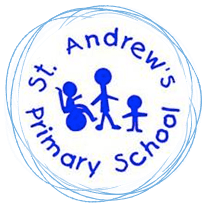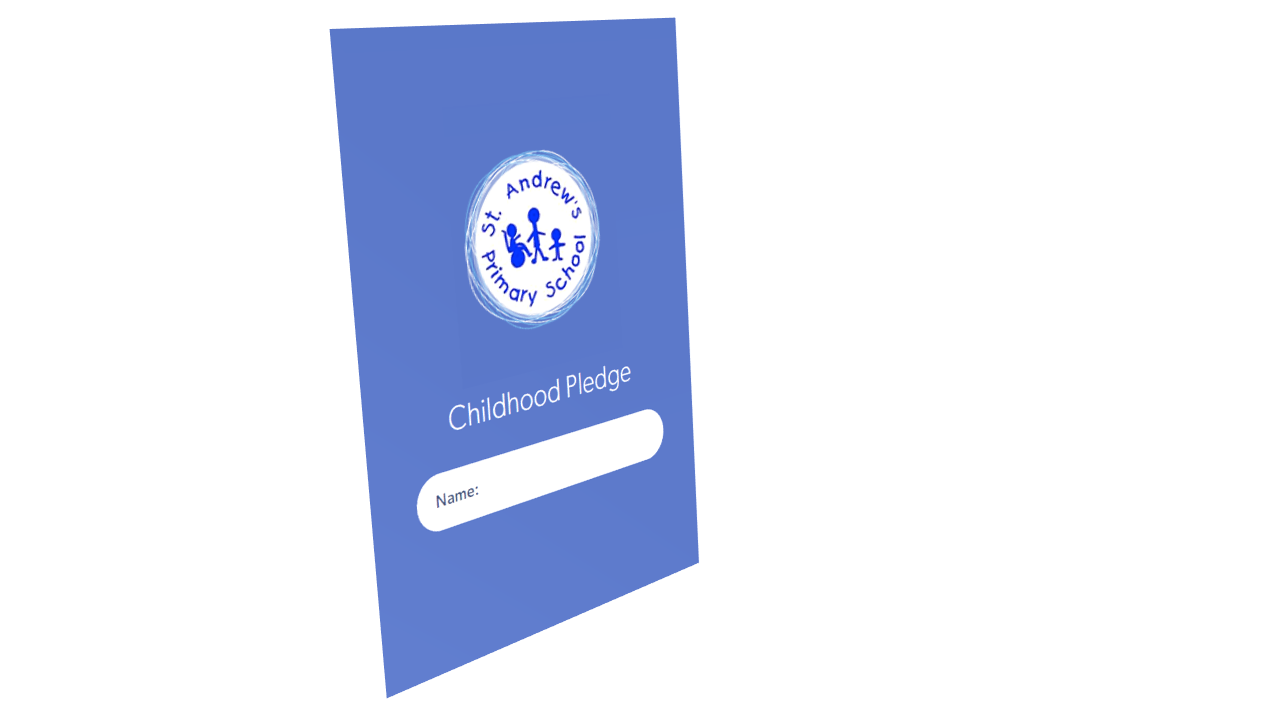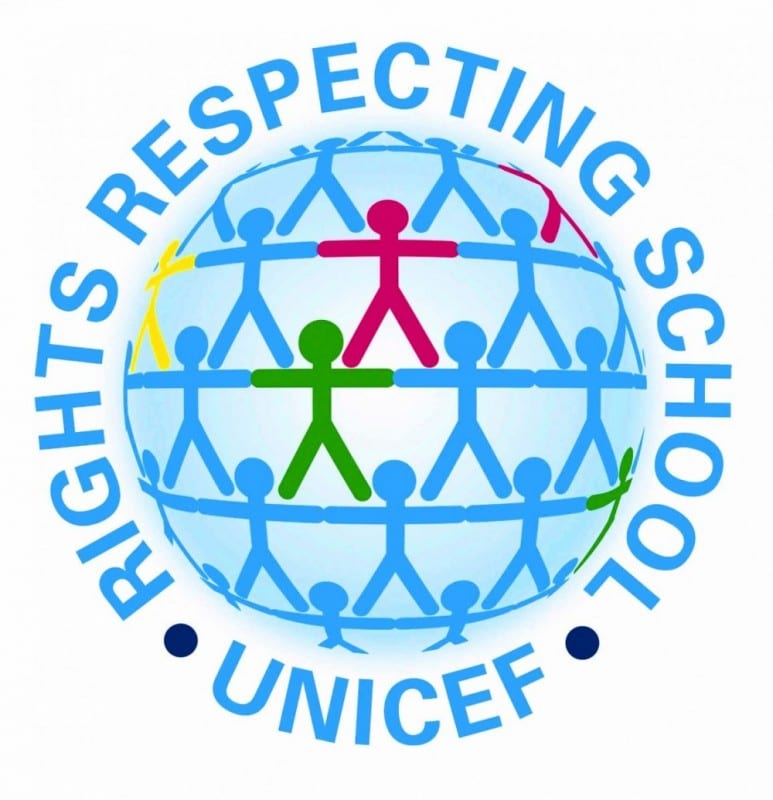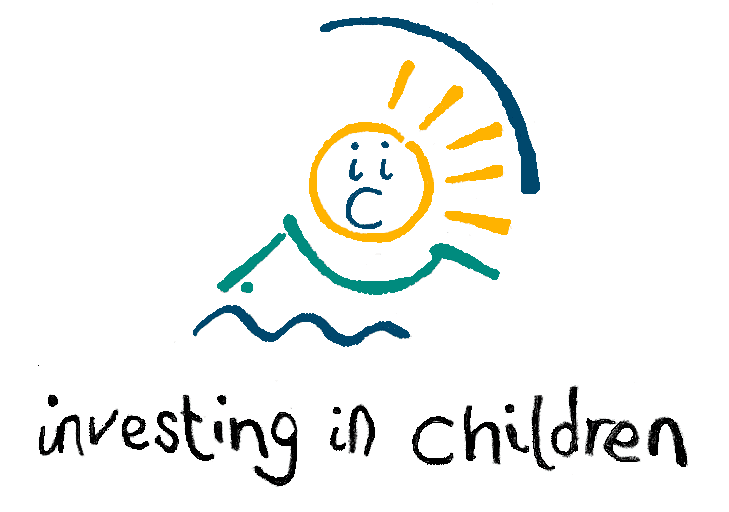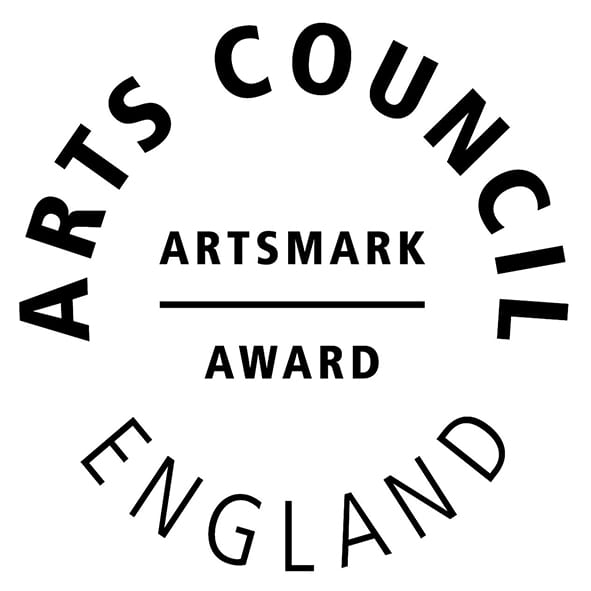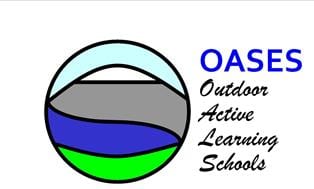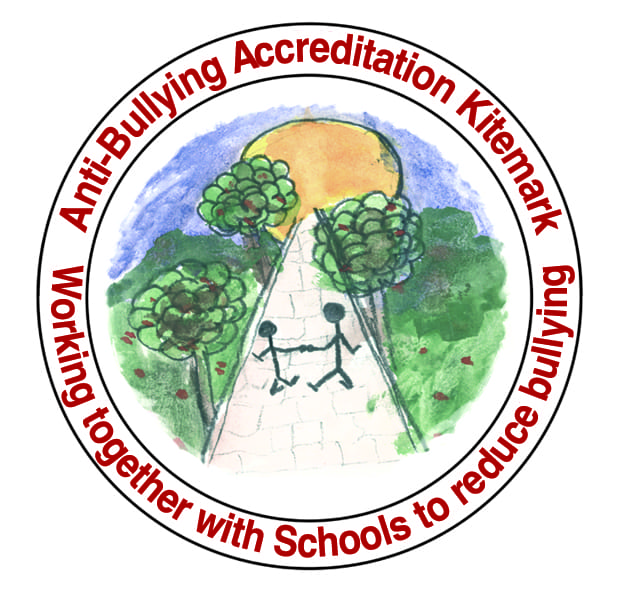Just as it your job as a parent or carer, to ensure your child knows the difference between right and wrong, it is also our role to ensure children understand why this is the case. Our world and community are changing at a fast rate and it’s difficult to keep up sometimes. It is our duty, as a school, to ensure children develop their individual character’s and attitudes towards the world and the people who live in it, so that they become well rounded and good citizens.
We will do this by focussing on 5 key areas:
- Cultural Capital – this means ensuring children have experiences in life that they can learn from and use to develop resilience, self-esteem and knowledge. Our Childhood Pledge passport will support us in ensuring our children get a wide variety of life experiences before they leave us.
We do this through our Childhood Pledge – a passport of experiences that every child will have before they leave our school.
- British values: to be a good British Citizen, children need to understand what it means to live under British Law, what a democracy is, how individuals have the liberty to have freedom of speech and the right to make choices and we have a mutual respect for others and tolerance for those who have different viewpoints or ideas.
We do this by teaching the children about British Values in a number of ways.
Please click to see our British Values page
- SMSC – Social, Moral, Spiritual and Cultural education – this means understanding and respecting other peoples beliefs and faiths.
We do this in a number of ways:
Social – our PSHE and RSE curriculum teaches children to understand social situations can be different and so how we behave needs to be different also. We learn that relationships need to be safe and how to respect others in our community whatever their social background or role in society.
Moral – we engage regularly with the Police and other emergency services to ensure children understand their moral duty to help each other and keep each other safe. We read books about modern moral dilemmas to help children talk about – what would you do in this situation?
